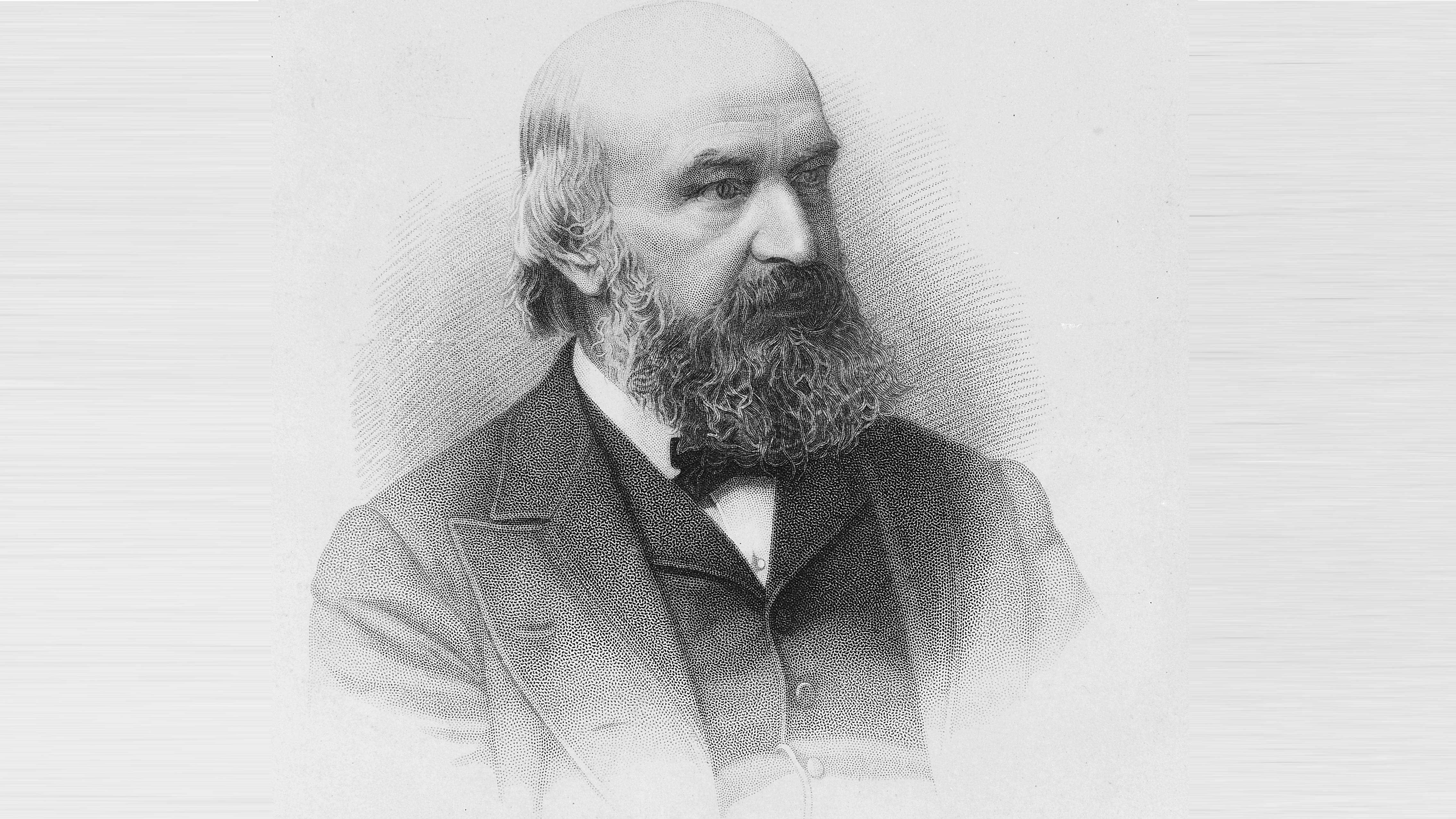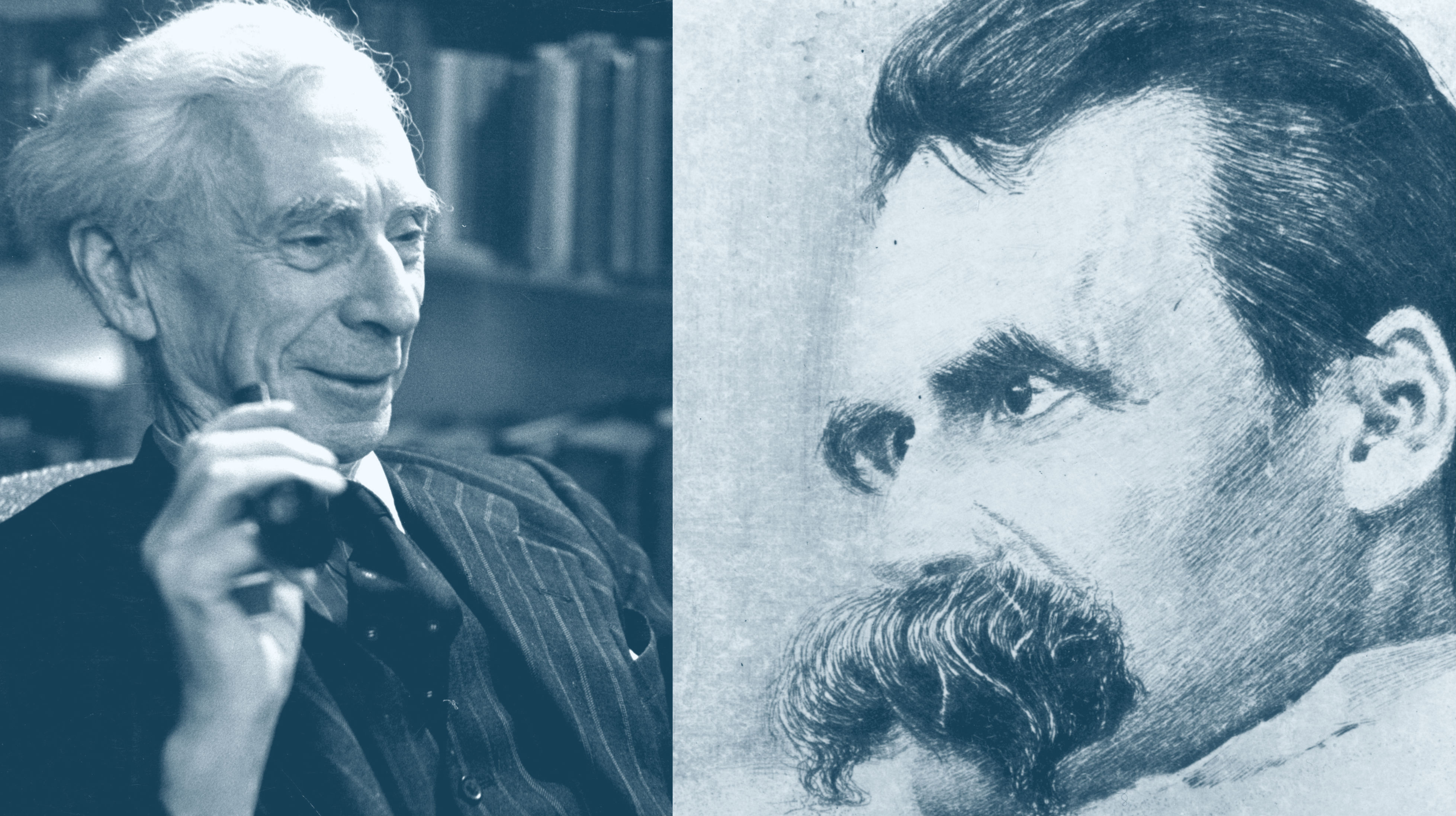John Bruton counts Ireland’s Celtic Tiger economic boom among his greatest political accomplishments, so he is in a uniquely qualified position to analyze its shortfalls.
Question: How has the Celtic Tiger economy affected Ireland’s culture?
John Bruton: Well I think there was a lot of materialism in the last ten years where people, because they had to spend money, they had to make sure that all the people knew that they were spending it and knew that they had it. And that I think somewhat may have coarsened cultured life and social life a little bit in Ireland. And I think also people probably didn’t realize fully the sources of their wealth. They thought that it was all their own work. That is was just that they were so good at whatever it was they were doing that the salary that they were getting and the opportunities they were getting were all generated by themselves, which, of course, wasn’t the case. The reality of the Celtic Tiger is that the foundations for the economic growth that took of in 1994 were laid in the case of the low tax policy in 1956 by the late Jerret Sweetman, Minister of Finance. In the case of free education which produced the young people who were attractive to foreign investors, a decision taken by the late Donal O’Malley in 1966, then in the 1970’s, the establishment of the Regional Technical Colleges by Padraig Faulkner and other men, and none of these three people are much talked of today. And yet their decisions were the decisions that have created the Celtic Tiger that happened to just really burst out when I was fortunate enough to be the Prime Minister. But I will be the first to say that the foundations of that success were not laid principally by myself, but by people who had left politics before I even entered it.
Question: Do you agree with critics who say the Celtic Tiger boom was mismanaged?
John Bruton: I do think it was possible. I think you can divide the Celtic Tiger period up into two. There was the period from 1994 to 2000 when the very rapid growth, up to 11 percent per annum in 1997 took place. And that was entirely founded on productivity increases that were taking place at that time and export markets that Ireland was winning and competitiveness gains that Ireland had made. Around 2000, those factors started easing off and really, the growth should have eased off at that stage and we wouldn’t have so many problems today. But from 2000 on, there was this rush of credit into the Irish economy from the international banking system, thanks to securitization and other things. There were Irish banks pressing money on people, pressing money on individuals to borrow money to buy a house in the [country] or something like that. Pressing money on building developers–“we’ll offer you 100% of the cost to buy a hotel in New York, or to build houses in Bulgaria,” or whatever—there was this wall of money that was being pushed at people and it was the use of that that generated artificially rapid, and unsustainably rapid economic growth from 2000 up to 2007 which wasn’t founded on real improvements in productivity, but was founded on speculative activity which was based on the assumption that prices only go up, they never go down. Now we know house prices don’t always go up, they can go down, and there are a number of individuals with unsustainable financial positions, and a number of Irish banks with unsustainable financial positions from which they have had to be rescued by the Irish taxpayer. But I think you need to make the distinction between the earlier first seven years, if you like, and the second seven years.
Recorded on October 1, 2009





